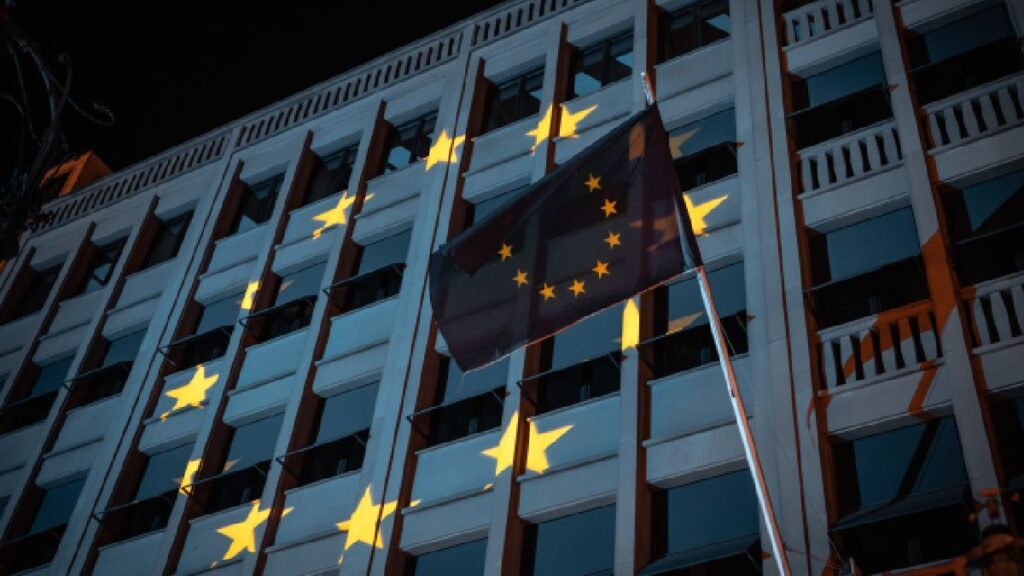The European Union Strengthens Regulations on Crypto Assets to Combat Financial Crime
The European Union (EU) is taking proactive measures to enhance its regulations regarding cryptocurrency to prevent the potential misuse of virtual digital assets (VDAs) by criminals. The European Banking Authority (EBA) has introduced a ‘travel rule’ for crypto firms, mandating them to maintain detailed transaction records on their platforms. This initiative is aimed at mitigating money laundering and terror financing activities facilitated through crypto assets, which often lack traceability back to the perpetrators.
EBA Implements Travel Rule Guidelines for Crypto Firms
As part of the new guidelines, crypto firms operating within the EU are now required to gather and retain information about both the payers and beneficiaries involved in all transactions. This travel rule applies universally across the EU region, with firms obliged to confirm their compliance. Any firms seeking exemption must provide justifiable reasons for assessment by the authorities.
Failure to adhere to this law without notifying the authorities may result in classification as ‘non-compliant’ businesses, potentially facing legal repercussions. Crypto-related businesses have been instructed to adjust their policies to align with the EBA’s travel rule, which mirrors similar requirements in the traditional banking sector. These comprehensive guidelines are set to come into effect on December 30.
EU’s Crypto Regulations for Financial Stability
In parallel, the EBA is collaborating with EU policymakers to establish a robust legal framework for the volatile and financially precarious crypto sector. This strategic approach aims to create a safer environment for exploration by investors while safeguarding the EU’s financial stability and cracking down on crypto exploitation.
Earlier in June, the EBA finalized its draft technical standards for governing Markets in Crypto Assets (MiCA) rules, addressing critical aspects such as liquidity requirements, stress testing programs, asset reserves, and recovery plans. The EU officially approved the MiCA legislation in October 2022, prioritizing consumer protection, preventing market manipulation, and combatting financial crimes associated with digital assets within the EU.
For further information on the European Union’s initiatives and regulations regarding crypto assets, you can visit the European Commission’s official website.
The EU’s proactive stance on regulating crypto assets underscores its commitment to tackling financial crime and ensuring the integrity of the financial system within its jurisdiction. Through the implementation of stringent rules and guidelines, the EU aims to foster a secure and transparent environment for crypto-related activities while deterring illicit actors from exploiting digital assets for unlawful purposes.

